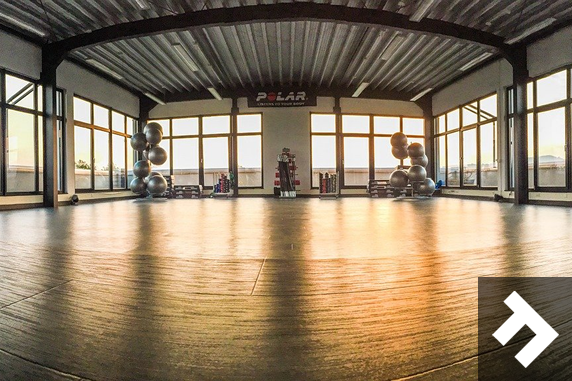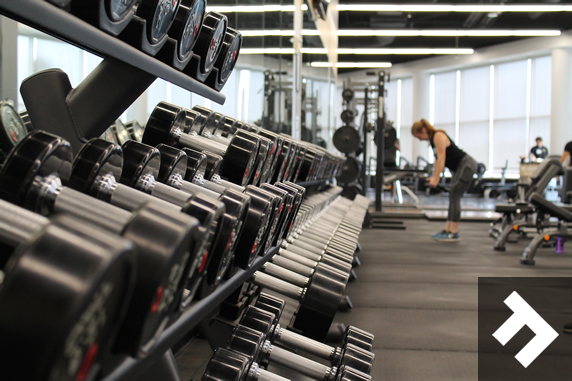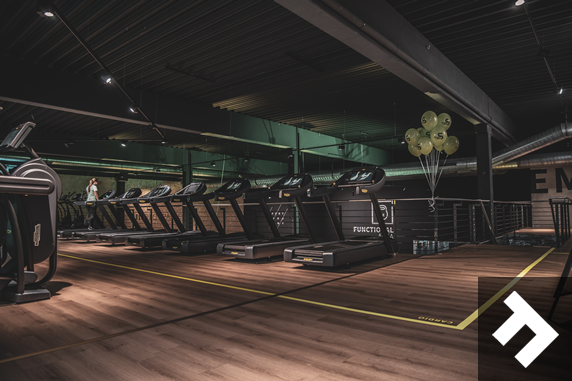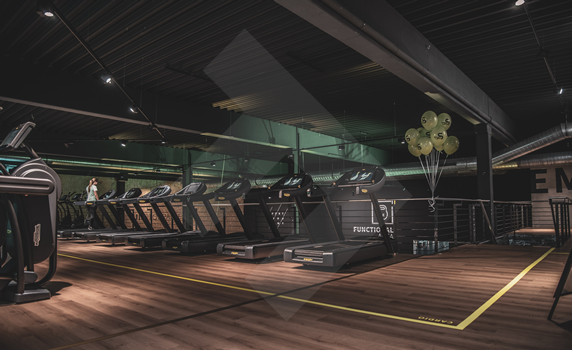Setting up a gym sounds like a great business idea on paper. You set up some equipment, charge people to use it and watch the cash roll in but is it really that easy?
There are lots of considerations you have to take into account when setting up a business, and gyms are no different. From figuring out your niche to understanding your legal requirements as a gym owner, thorough planning is the key to success.
If you don’t plan carefully, not only could you lose money from improper management, you might end up needing commercial dispute resolution for a legal disagreement with your employees, business partners or competing businesses.
In this post, I’m going to help you avoid this scenario by giving you 10 vital considerations to consider before setting up your own gym.
What Are the 10 Most Important Considerations for Setting Up Your Own Gym?
When you set up your own gym, you need to do a lot of careful planning and research so you’re not going in blind. With that in mind, consider the following before you get started:
Research the market
Before you even think about applying for funding or looking at places to house your gym, you need to consider what’s going on in the market.
Market research involves figuring out your ideal demographic and developing a unique selling point that will appeal to them specifically. It also helps you define your market strategy and take a lot of the guesswork out of how you should market your gym.

The main things you need to consider when you draw up a picture of your target audience are:
- Age
- Gender
- Location
- Profession
- Consumer behaviour
- Cultural and societal influences
- Personal factors that can influence behaviour (goals, hobbies, family etc)
Pick a niche
Now that you have your market research at the ready, you can start formulating what your niche is going to be. If your gym is too mainstream it will be hard to compete with the might of already established super-gyms that appeal to everyone.
You could start a women-only gym if your research showed that there’s a lack of them in your area. Or, it could focus on a specific type of training that would benefit your target audience. It’s best to stay small and specific when you first start out.
Decide your preferred payment option
How do you want your gym members to pay for their membership? Do you want the kind of gym where anyone can come, pay £3 for an hour and come back whenever they want to have another go, or do you want them to sign up for a monthly subscription?
The main options for gym payments tend to be:
- Single-day memberships
- Monthly memberships
- Annual memberships
The way you go with this should be based on your market research; are your customers more likely to want to pay for what they get or having a rolling subscription?
Spy on your competitors
To truly know how well your gym is going to perform in a specific location, you need to look at the other gyms in that area. What facilities do they have, are they targeting the same niche as you, what is their ownership structure, do they charge membership fees?
The more you can find out about your competitors, the better.
Understand your legal requirements
It’s essential to have the right insurance when running a gym due to the high levels of physical activity and the frequency of injuries. Hire a specialist insurance provider who deals with gyms regularly and make sure you know the policies inside and out.

Employee liability is also important and will help you avoid professional negligence, loss of data, unintentional breach of confidentiality and loss of goods claims that are common in the gym industry.
Consider employee contracts
When setting up any business, starting off with a few trusted employees and then branching out is the way to go. That said, it’s important that you remember that these people are now under your employment, so you need to set out their employment contract in writing.
Seeking the help of a commercial contract or employment law solicitor is very important for getting this right. This way, you’re not only protecting yourself, but ensuring that you hire the best talent by practicing fair and legal business practice. It also saves any potential commercial disputes in the future.
Calculate your capital
Starting a gym is much more expensive than it seems. The average upfront cost for starting a mid-sized commercial gym is £80-100k, with anything less unlikely to attract enough custom to stay afloat.
You have to purchase equipment which can cost around £35,000 depending on how much you buy, or you could rent initially until you get enough people through the door to start buying your own. Employing staff will also cost money too, so take this into account as well.
Look for a premises
The remainder of capital for your gym will be spent on your premises. You need to make sure the building you choose is in the right location for your target audience, and has enough space to fit everything in.
The minimum recommendation is around 10-15 square feet per person, which works out at around 1,000 for 100 members. Also, consider the following when you’re deciding on the amount of space you’ll need:
- Parking
- Office space for admin work
- Space for locker room and shower amenities
- Lifts and disability access
- Room for expansion if the business takes off
Acquire funding
The three main options for funding your gym are:
- Government funding: government-led start-up loans allow you to claim £25,000
- Bank funding: applying for a traditional start-up load with a bank
- Crowdfunding: kickstarter and other crowdfunding sites are a great way to get your business off the ground and attract an audience

To acquire any of these investments, you’ll need to put together funding projections based on all your previous research. This should include insurance, equipment, premises, employee wages, and the like.
If you don’t secure enough investment, you can always turn to sponsorship to help fund your gym start-up. Ask local businesses if they want advertisements printed on your flyers or have their logo on your gym equipment.
Consider COVID-19 rules
COVID-19 was devastating for gym owners, but much of the damage has been reversed with the crisis in our rear-view mirrors.
People are returning to gyms but with a higher concern for their health and safety. This means you need to have a strategy for cleaning, disinfecting, and sanitising that you can easily relay to all members to make them feel safe.
Are All These Considerations Necessary for Setting Up Your Own Gym?
In this post, I’ve shared 10 vital considerations for setting up your own gym. These considerations are essential if you want your business to be a success, as each one requires a lot of research and planning.
All you need to do now is get cracking and make sure you don’t start applying for funding before you consider all the points discussed in this article. Build smart not fast.
![]()
Please be advised that this article is for general informational purposes only and should not be used as a substitute for advice from a trained business professional. Be sure to consult a financial or legal professional if you’re seeking advice about setting up a business. I’m not liable for risks or issues associated with using or acting upon the information on this site.
 Instagram
Instagram Pinterest
Pinterest Facebook
Facebook Twitter
Twitter YouTube
YouTube




 Paul
Paul 



